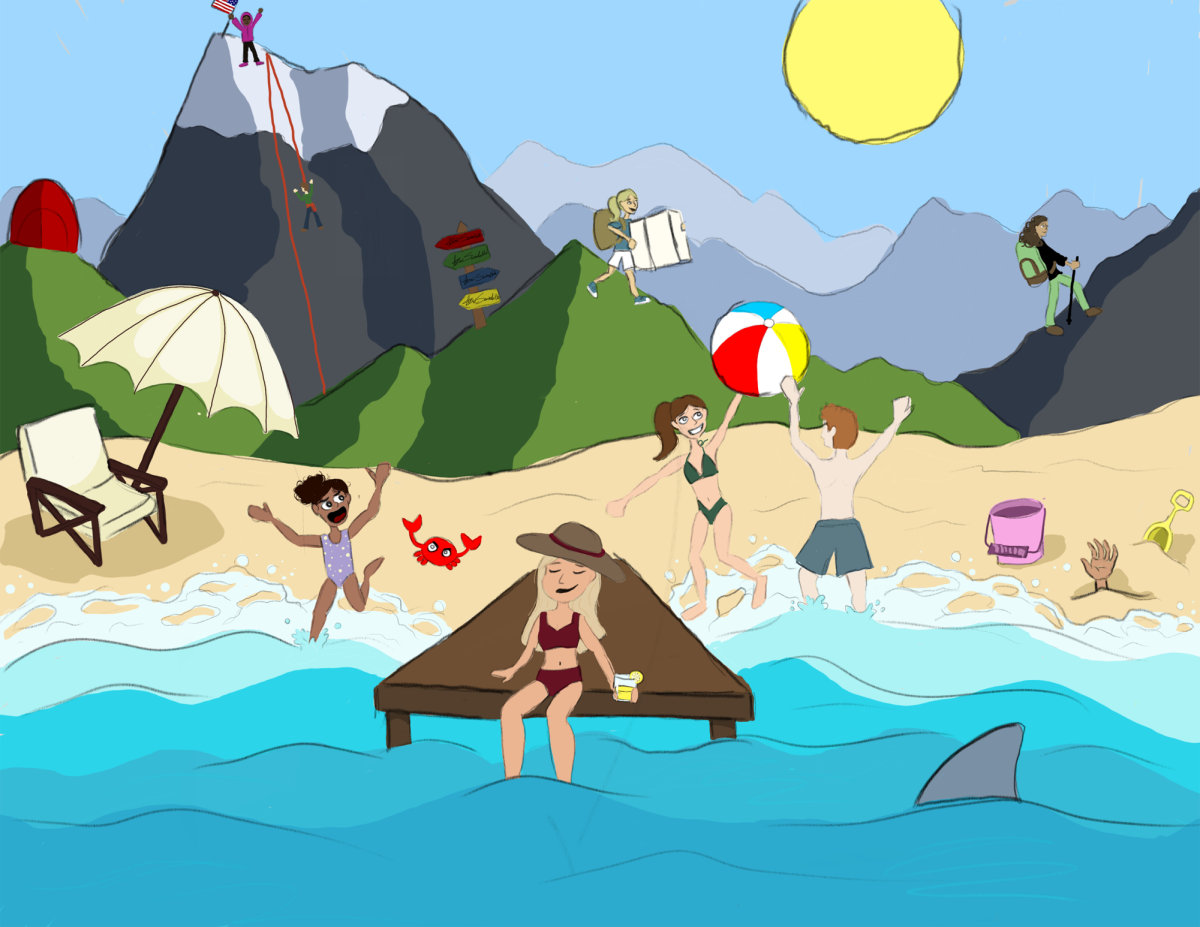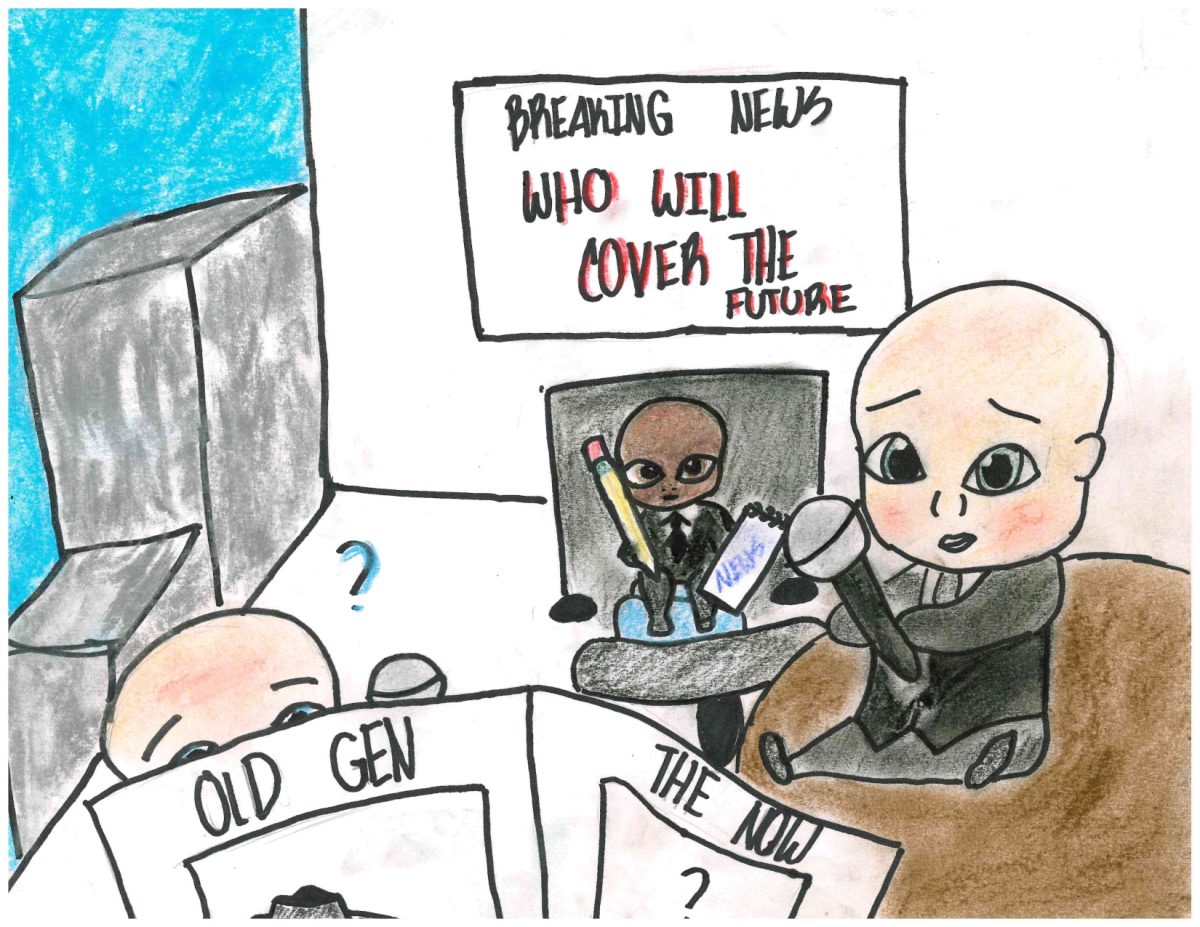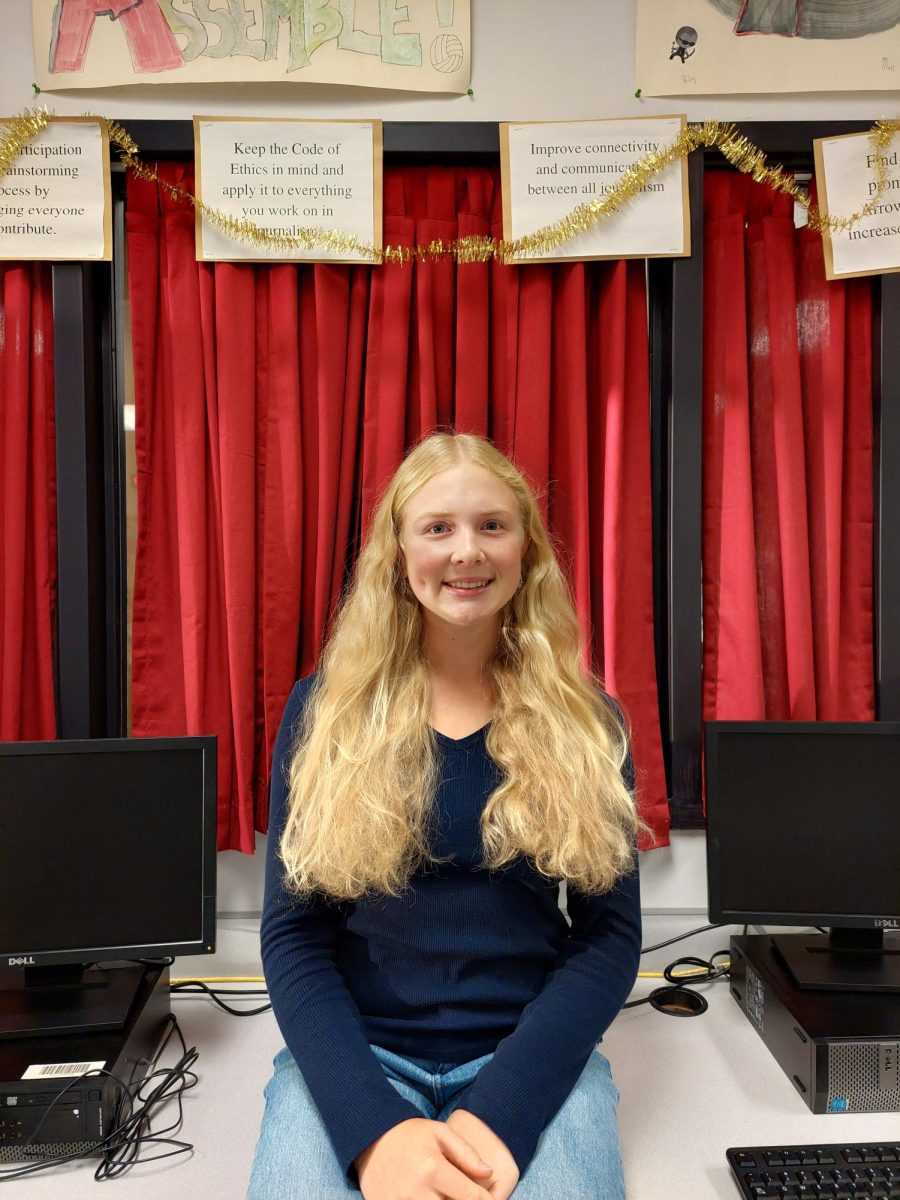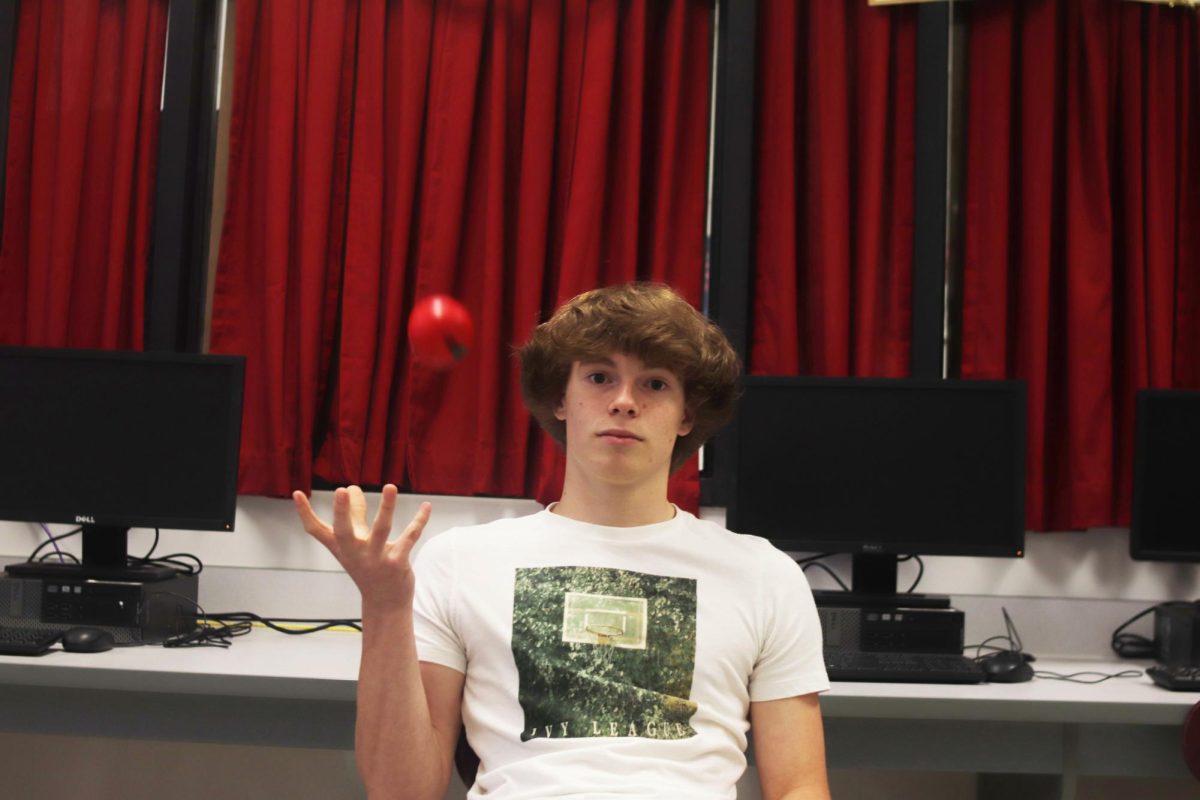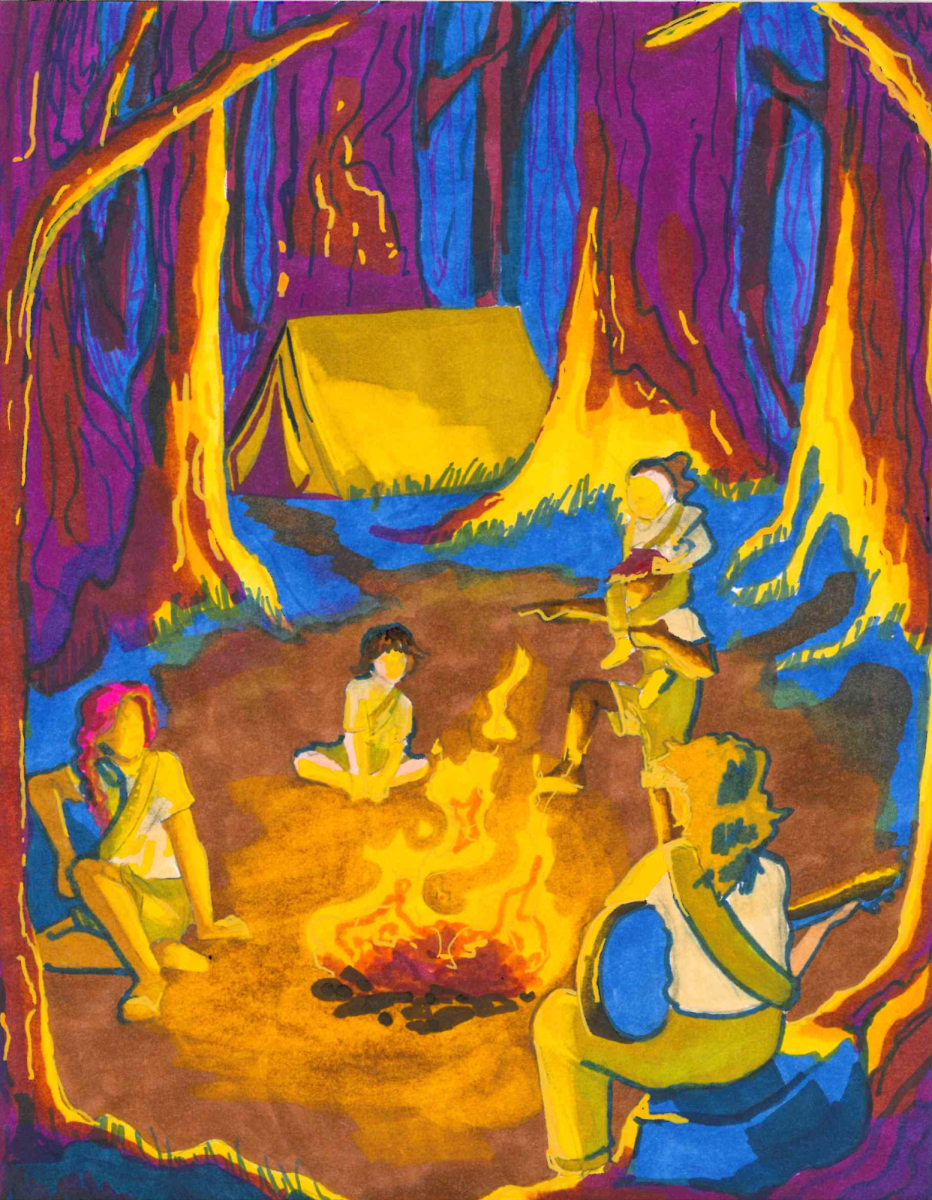The media censorship debate has been ongoing for decades, as people continue to argue when the line has been crossed, or if there really is a line to be crossed in the first place. video after video without appropriate censorship and control.
A problem arises when artists release content that isn’t targeted at these younger audiences, yet they receive the content in a high concentration.
In today’s world, children and teens have more access to mainstream media than ever before. With the emergence of platforms such as YouTube and TikTok, children are able to watch
Though it’s easy to see that these artists aren’t aiming their obscene content at younger generations, the content is still reaching them, one way or another.
After this realization, there are few potential solutions: artists need to start self-censoring, or platforms need to take age into account when allowing content to be published and viewed.
Ultimately, parental control is the most effective use of censorship when it comes to content children see. However, it is not always full-proof.
According to Victoria State Government Education and Training, social media and video platforms, like TikTok and YouTube, don’t keep a close eye on the age of users, or what content they’re able to view.
“Content on the internet is not sorted into age or appropriate areas and without supervision and guidance, a child can either unintentionally or purposely find content that is sexually explicit, extremely violent or inappropriate,” the website states.
The inappropriate and obscene content seen by younger viewers can have a lasting impact on them, according to The Official Journal of The American Academy of Pediatrics, which states, “Research on popular music has explored its effects on schoolwork, social interactions, mood and affect, and particularly behavior. The effect that popular music has on children’s and adolescents’ behavior and emotions is of paramount concern.”
Parents and artists alike should be concerned about the effects their music and media has on the upcoming generations, and how it’ll affect them in the future.
Many may argue that artists have the right to remain uncensored, which to an extent, is fair. While self expression shouldn’t be hindered, the outward projection of explicit, drug related, sexual or violent content should be shielded from children by the artists.
Is that really what we want to be teaching our kids?
According to Daily Collegian Columnist Sarah Pellis, censorship can also be useful in situations regarding inappropriate content and hate-speech.
“I don’t think censoring everything is the answer to the world’s problems, but censoring violent, dangerous and discriminatory speech — even though it is a right — is the next step for productive politics and our social wellbeing as a whole,” Pellis writes.
While censorship can be unnecessary in some cases, it’s important that we protect younger people from the harm that foul language and inappropriate content can lead to.
Pro: Artists must protect children from profanity, take accountability for content
In today’s virtual society, it is important for major creators and artists to realize the impact of their work. Artists should be aware of their audiences (target or not), and censor accordingly.
0
More to Discover
About the Contributor
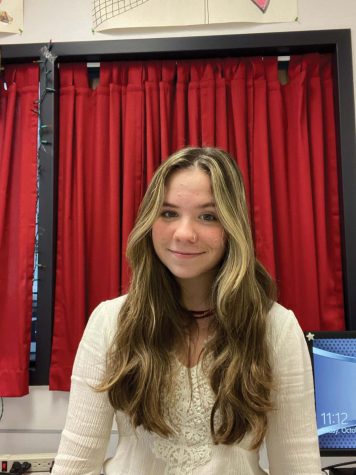
Annabel Cunningham, Features Editor

